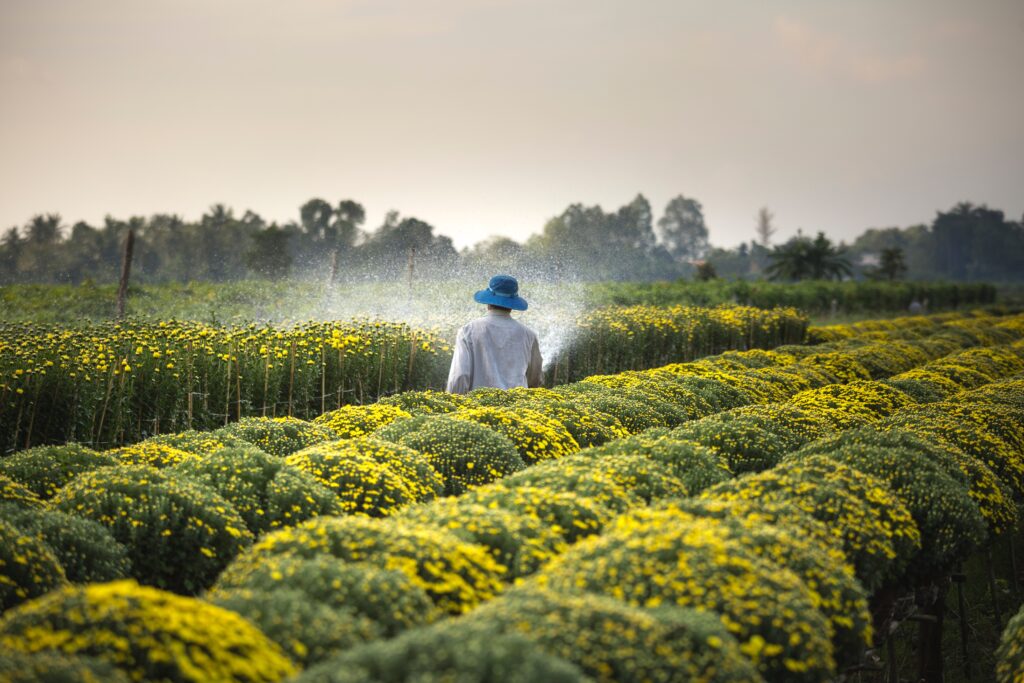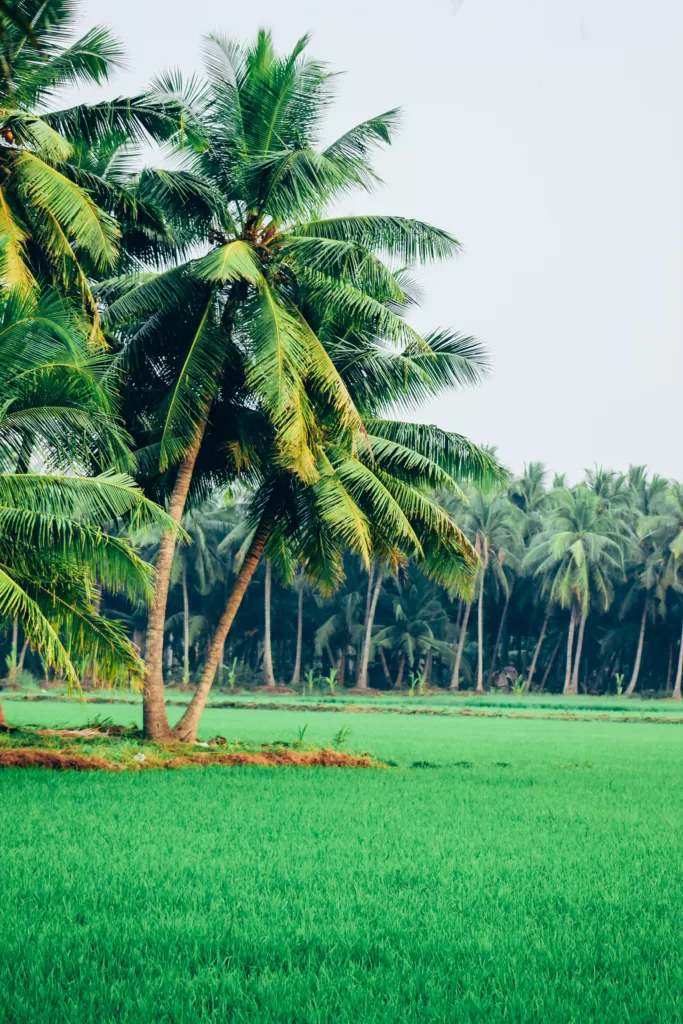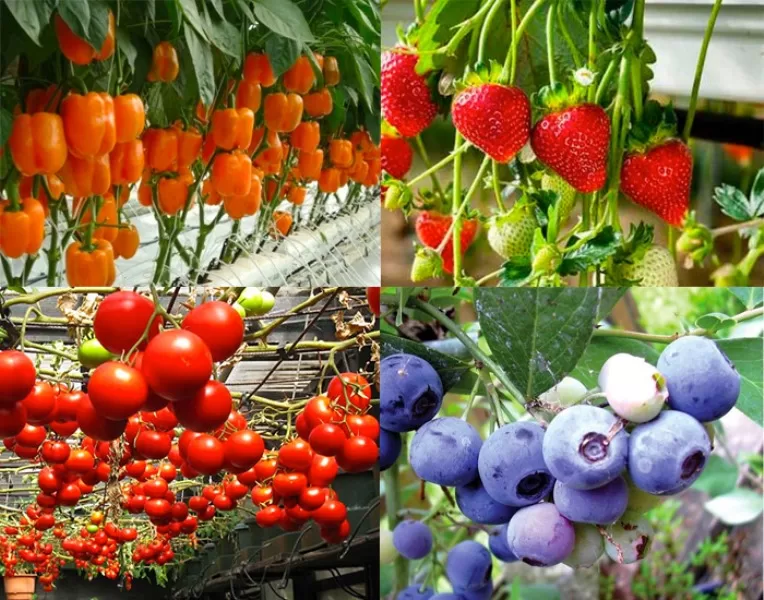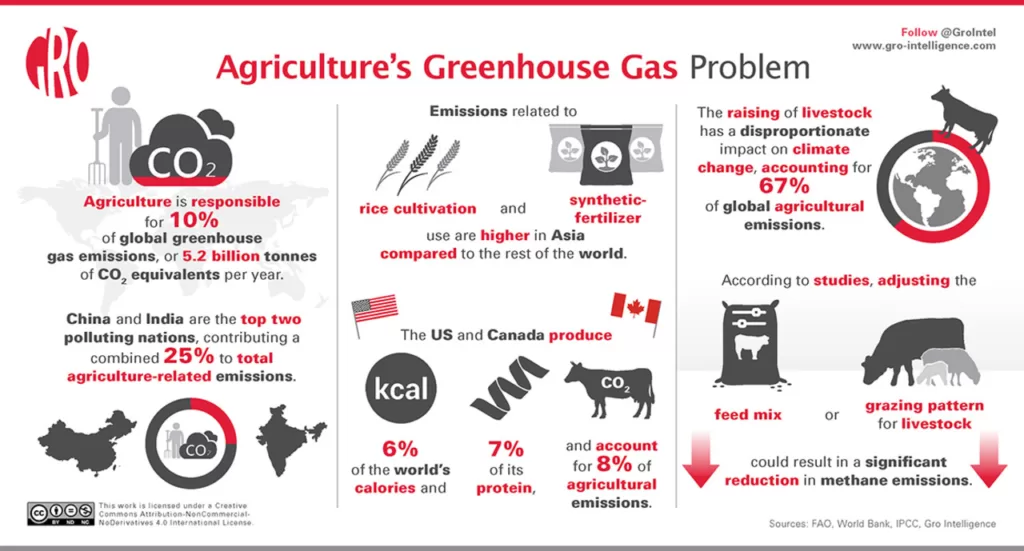It is difficult to estimate the average income for farmers, as it can vary widely depending on a variety of factors, including the size and location of the farm, the type of crops or livestock being raised, the price of agricultural products, and the costs of inputs such as seeds, fertilizers, and feed. In general, farmers who are able to produce high-value crops or livestock, such as organic produce or grass-fed beef, may be able to earn higher profits per acre. However, it is important to note that many farmers face significant challenges and risks, including weather-related crop failures, changes in market conditions, and rising costs for inputs, which can impact their profitability. In addition, the profitability of farming can vary significantly from one year to the next, and many farmers rely on multiple sources of income to support their operations.
Who is the richest farmer in the world?
It is difficult to determine the wealthiest farmer in the world, as the wealth of private individuals is often not publicly disclosed. However, according to Forbes, the richest farmer in the world is currently believed to be Liu Yonghao, the chairman of New Hope Group, a Chinese conglomerate with interests in animal feed, real estate, and energy. Mr. Liu is estimated to have a net worth of $14.7 billion. Other wealthy farmers include Prince Sultan bin Mohammed bin Saud Al Kabeer of Saudi Arabia, who is estimated to have a net worth of $10.8 billion, and Stewart and Lynda Resnick, owners of The Wonderful Company, a California-based agricultural business that produces a wide range of products, including almonds, pistachios, and pomegranates. They are estimated to have a combined net worth of $7.2 billion. It is worth noting that many of these individuals also have significant business interests outside of agriculture.
What is the monthly income of a farmer?
It is difficult to estimate the average monthly income for farmers, as it can vary widely depending on a variety of factors, including the size and location of the farm, the type of crops or livestock being raised, the price of agricultural products, and the costs of inputs such as seeds, fertilizers, and feed. In general, farmers who are able to produce high-value crops or livestock, such as organic produce or grass-fed beef, may be able to earn higher profits per acre. However, it is important to note that many farmers face significant challenges and risks, including weather-related crop failures, changes in market conditions, and rising costs for inputs, which can impact their profitability. In addition, the profitability of farming can vary significantly from one year to the next, and many farmers rely on multiple sources of income to support their operations. As a result, it is difficult to provide a general estimate of the monthly income for farmers.
How does a farmer earn a living?
Farmers earn a living by producing and selling agricultural products, such as crops or livestock. They may sell their products directly to consumers through farmers’ markets, community-supported agriculture programs, or other direct-marketing channels, or they may sell their products to wholesalers or processors who then distribute them to retail outlets or other end users. Some farmers may also generate income through agritourism activities, such as farm tours, pick-your-own operations, and on-farm events. In addition, some farmers may receive income from federal farm programs, such as conservation programs or crop insurance, or from other sources, such as rental income from leasing land to other farmers. It is important to note that many farmers face significant challenges and risks, including weather-related crop failures, changes in market conditions, and rising costs for inputs, which can impact their profitability. As a result, many farmers rely on multiple sources of income to support their operations.
Is farming still a good career?
Farming can be a rewarding and fulfilling career for those who are passionate about agriculture and enjoy working outdoors. However, it is important to note that farming can also be a challenging and demanding profession, and it can be difficult to make a living as a farmer. Many farmers face significant risks and challenges, including weather-related crop failures, changes in market conditions, and rising costs for inputs, which can impact their profitability. In addition, farming can require long hours, hard physical labor, and significant financial investment. It is also worth noting that the profitability of farming can vary significantly from one year to the next, and many farmers rely on multiple sources of income to support their operations. If you are considering a career in farming, it is important to carefully research and evaluate the potential risks and rewards, and to be prepared for the challenges that you may face.
Which country has the best farmers?
It is difficult to determine which country has the “best” farmers, as the quality of farming can be evaluated in a variety of ways, including productivity, efficiency, sustainability, and profitability. Different countries may excel in different aspects of farming, depending on a variety of factors such as climate, soil quality, infrastructure, and government policies. Some countries, such as the United States, China, and India, are major agricultural producers and have large numbers of farmers who are able to produce a wide range of crops and livestock. Other countries, such as Japan and South Korea, have smaller farming populations but are known for their innovative and efficient farming practices. It is worth noting that many countries have dedicated programs to support and promote the development of their agricultural sector, and these programs may help to improve the quality of farming in those countries.







